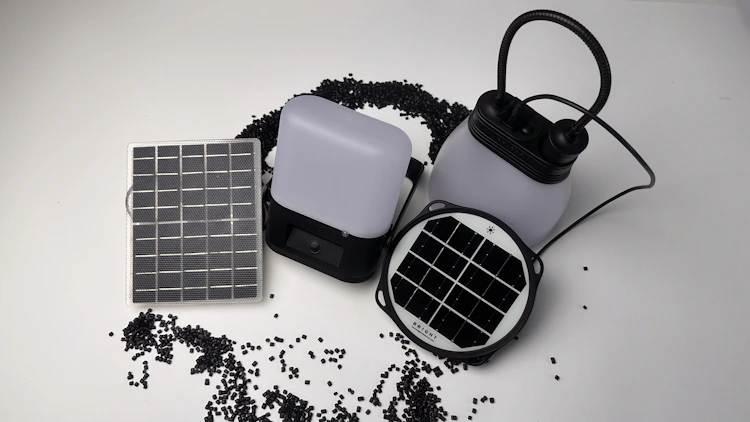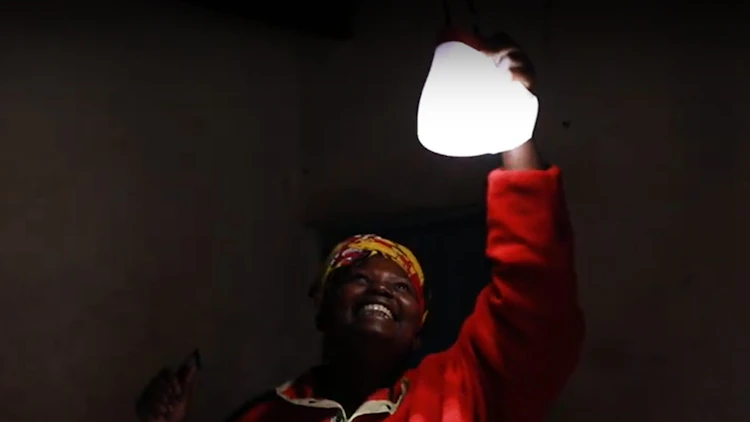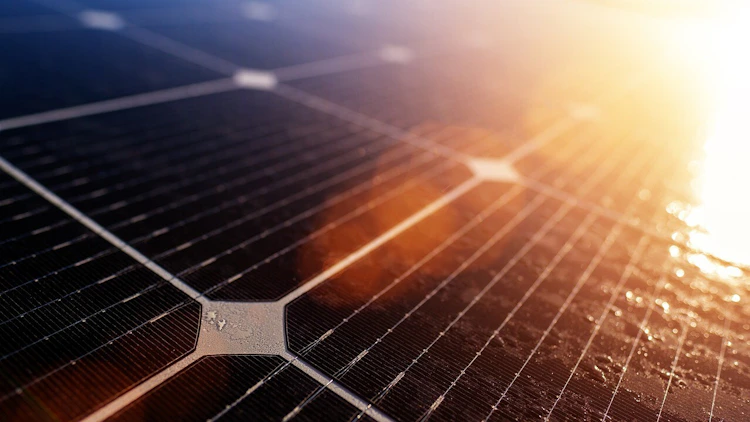How do portable solar lamps work?
Understanding how portable solar lamps work helps you make better decisions, whether you are supporting humanitarian operations, looking for dependable off-grid solar lighting or preparing for power cuts at home. This guide explains the fundamentals. We cover solar lamp basics, charging and storage, battery runtime, common misconceptions, and when portable solar lighting works best.
All articles
-
![Despite their simple look, portable solar lamps like the SunBell 2.0 Y, are compact energy systems.]()
- Science
- Insights
How do portable solar lamps work?
Understanding how portable solar lamps work helps you make better decisions, whether you are supporting humanitarian operations, looking for dependable off-grid solar lighting or preparing for power cuts at home. This guide explains the fundamentals. We cover solar lamp basics, charging and storage, battery runtime, common misconceptions, and when portable solar lighting works best.
Read more
-
![Discover how solar lamps improve safety, education and resilience in displacement camps. Evidence, impact and procurements insights for humanitarian organisations.]()
- Humanitarian
- Insights
Bringing light to displacement settlements: The role of solar lamps
Discover how solar lamps improve safety, education and resilience in displacement camps. Evidence, impact and procurements insights for humanitarian organisations.
Read more
-
![Repair trainees learn how to fix solar lamp PCBs as part of BRIGHT’s humanitarian e-waste programme.]()
- Sustainability
- Field work
- Humanitarian
- Repair
- Insights
Why producer engagement is important for solving the e-waste challenge in displacement settings: Lessons from Cox’s Bazar
Solar lamp producers who supply humanitarian organisations in displacement settings have a critical role in supporting organisations managing electronic waste (e-waste). Explore how BRIGHT’s Repair Program supported impactful repair initiatives in Cox’s Bazar Kutupalong settlement.
Read more
-
![Image of the upgraded SunBell 2.0Y solar panel made with 100% post-consumer recycled (PCR) plastic and the Sol solar lamp with the new, lighter and more efficient monocrystalline solar panel using Ethylene Tetrafluoroethylene (ETFE) plastic. Two latest innovations showcasing BRIGHT's approach to using circular product design to tackkle plastic pollution]()
- Insights
Tackling plastic pollution through circular product design, BRIGHT’s approach
The United Nations Environment Programme (UNEP) estimates that globally more than 400 million tonnes of plastic is produced annually. Half is used once and discarded, with less than 10% recycled. Around 11 million tonnes end up in water bodies annually, imposing a global environmental and social cost of between US$300 billion to US$600 billion.
Read more
-
- Insights
How to choose the best solar lamp for emergencies
Power outages are a predictable feature of modern crises. Storms, floods and grid failures often cut electricity when it is needed most. For governments, aid agencies and households, a dependable solar lamp has become an essential part of emergency preparedness. The right lamp can provide safety, light critical spaces and keep basic communication running when the power goes out.
Read more
-
![BRIGHT designs solar lamps to provide light that balances brightness and colour temperature]()
- Insights
Lighting the way: How BRIGHT designs solar lamps for comfort & efficiency
Behind every solar lamp we create lies a critical design philosophy: real-world use must shape technical choices. The light emitting diodes (LEDs) in our solar lights are meticulously engineered to provide optimal brightness and appropriate colour temperature. Explore how we choose brightness and colour temperature in our solar lamps, and why those decisions matter for the people we serve.
Read more
-
![Humanitarian NGOs are switching to solar power in crisis zones ditching diesel generators for solar panels]()
- Insights
Why NGOs are switching to solar power in crisis zones
For years humanitarian aid operations have relied on diesel generators, which are costly, logistically complex, and environmentally damaging, as the main source of power in operations. Now, a growing number of humanitarian NGOs are replacing these machines with solar power or solar photovoltaic (PV) systems. Why? Because solar energy offers a better way forward: it is more sustainable, more affordable over time, and easier to deploy in hard-to-reach areas.
Read more







